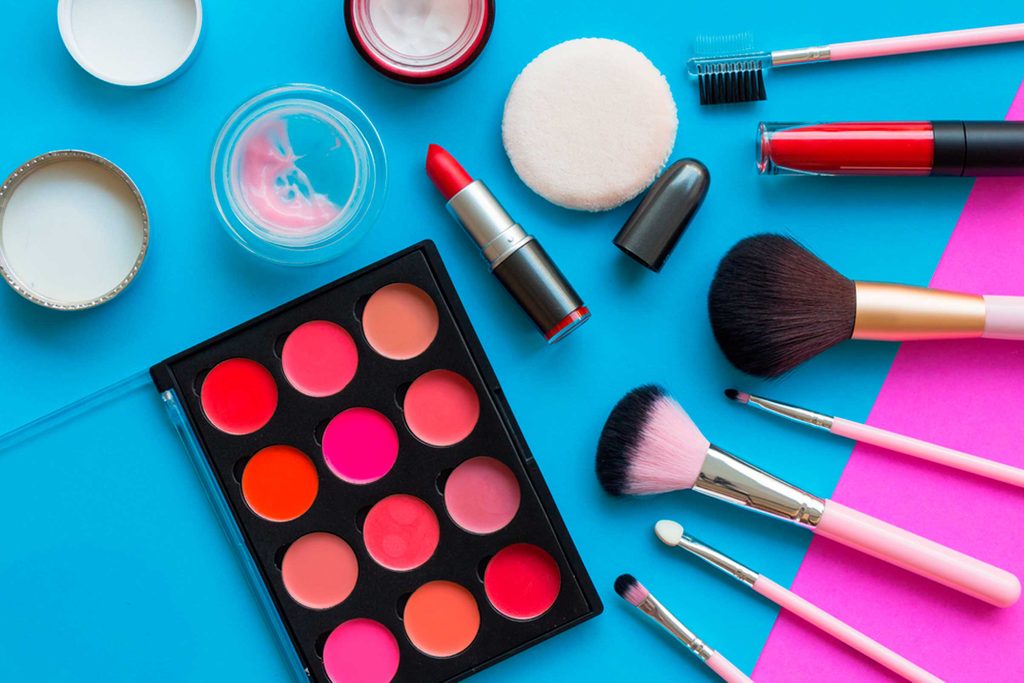Do You Need to Toss Your Makeup After a Cold?
Updated: Dec. 12, 2019
Let's talk about germs on your favorite beauty products. Do you really need to throw out that prized, discontinued lipstick?
When you’re feeling under the weather, adding a touch of makeup in the morning can make you feel so much better as you trudge through your regular routine (good-bye under-eye circles and Rudolph-red nose). But contamination with cold and flu germs can be an issue. Does this mean you have to toss out your holy grail products along with the chicken soup container and empty tissue box? Not necessarily.
According to Philip Tierno, PhD, clinical professor in the department of pathology at New York University Langone Medical Center in New York City and author of The Secret life of Germs, germs that can make you sick can linger on your favorite red lipstick, not to mention your brushes and makeup bag. The good new is that remaining germs are unlikely to make you sick again. “Cold and flu viruses don’t last too long in or around inanimate objects,” explains Tierno. “And by about 10 days after your illness, you develop the antibody to that infecting organism, so it will most likely not harm or re-infect you again,” he says.

It’s still a good idea to disinfect your makeup and beauty tools after you’ve been sick. “Wipe off the surface of the product with an antiseptic or alcohol wipe, which can help to kill off the surviving viruses,” says Tierno. “The wiping action alone will remove most, if not all, the contamination,” he adds. In fact, cold or no cold, periodic disinfecting is smart practice, and don’t forget these other germ-ridden spots in your home.
As an additional precaution against infection, makeup products are designed to withstand common germs, which explains why many of your cult-favorites have already lasted for years. “Most makeup products also have antimicrobials within the makeup formula, which help control or stop the growth of germs,” Tierno says. However, those antimicrobials have a shelf-life of one tor two years, so throw away a product if its texture, color, or smell changes or seems off. While you have your makeup hygiene routine down, don’t make these common germ-spreading habits.













